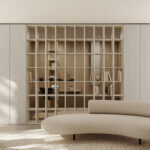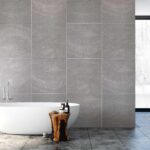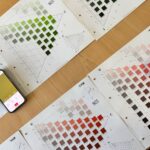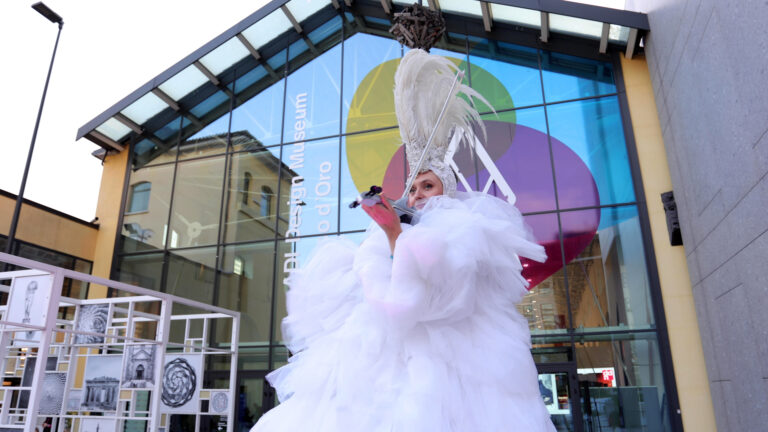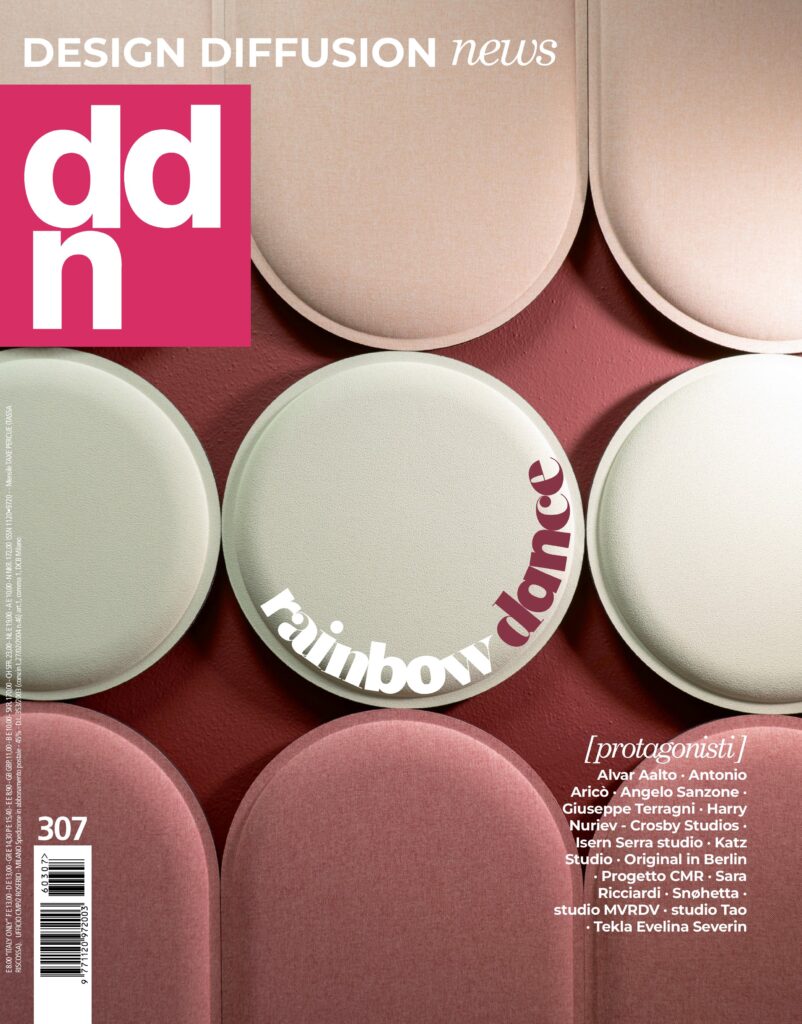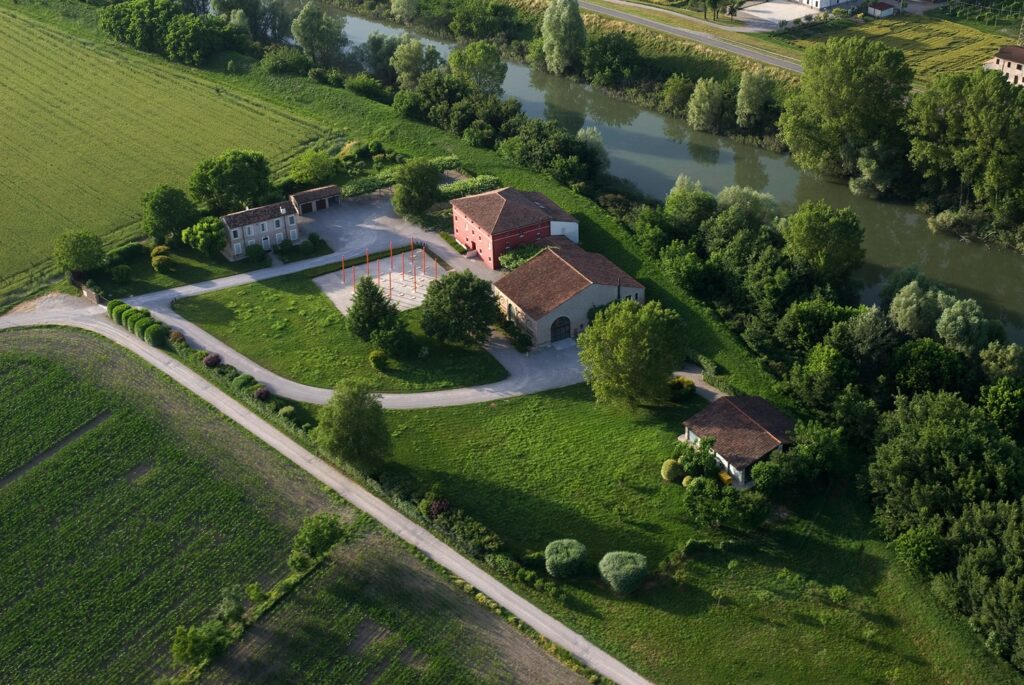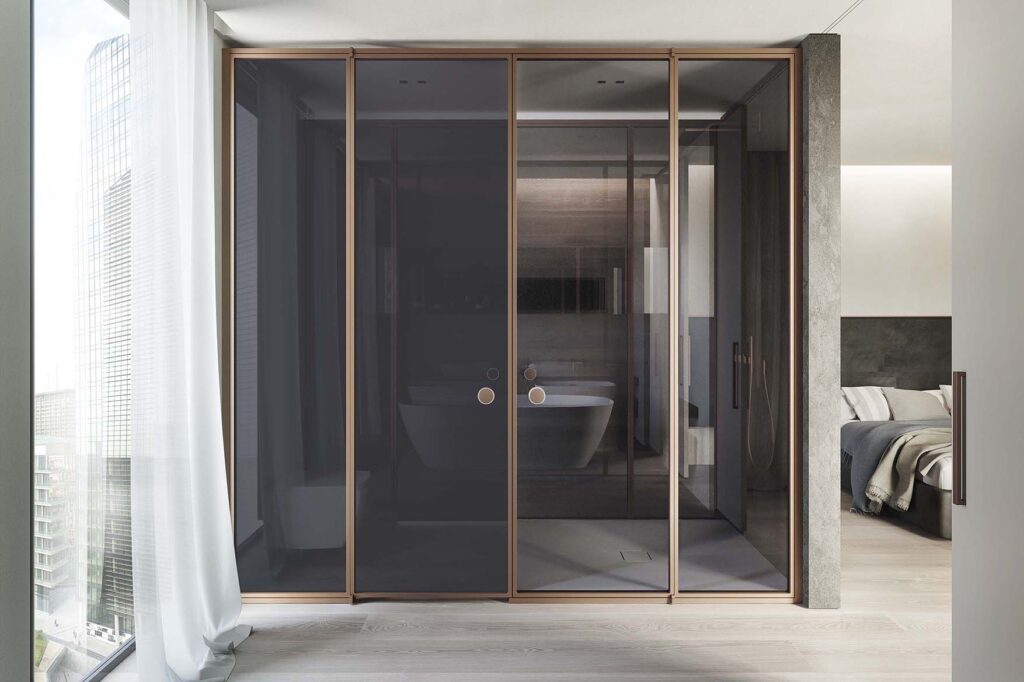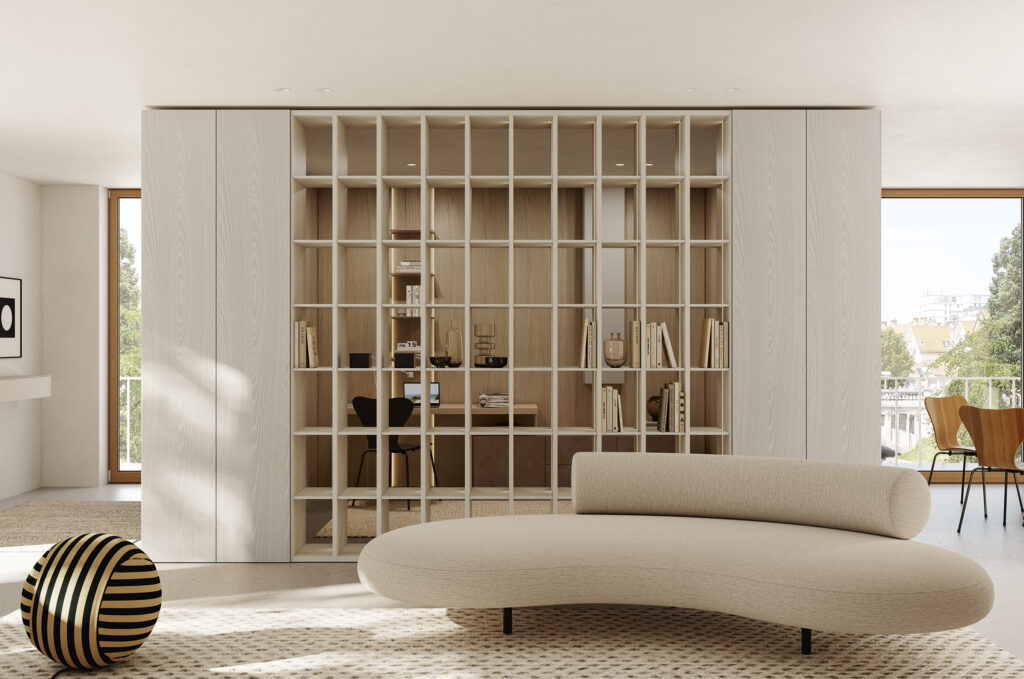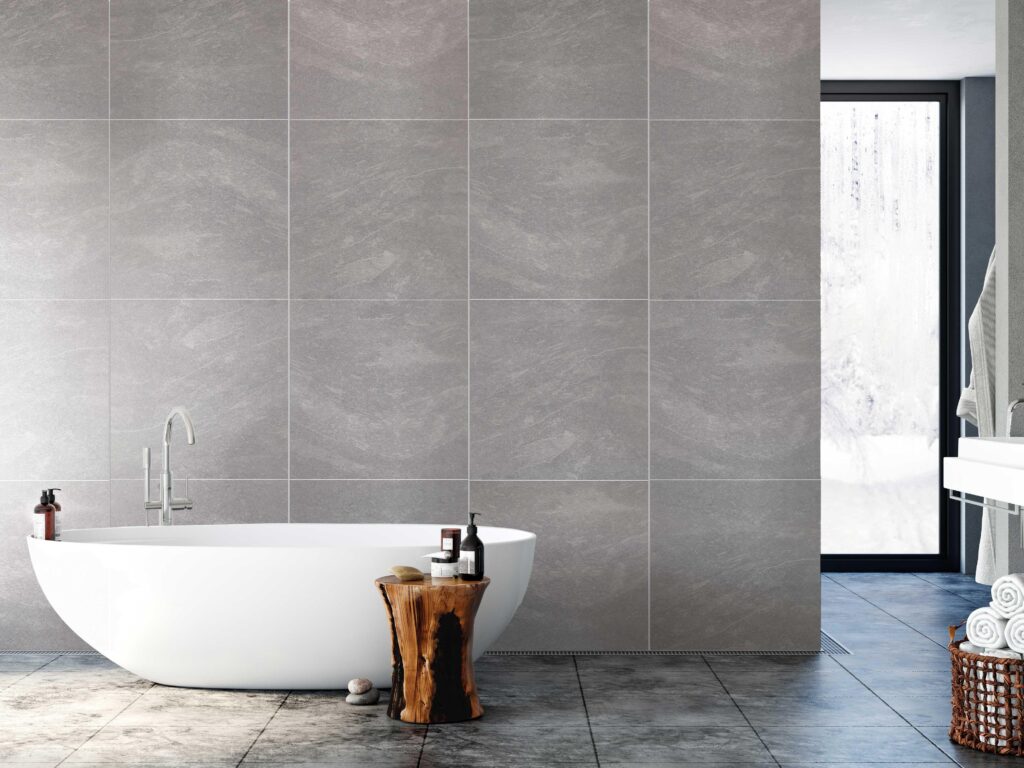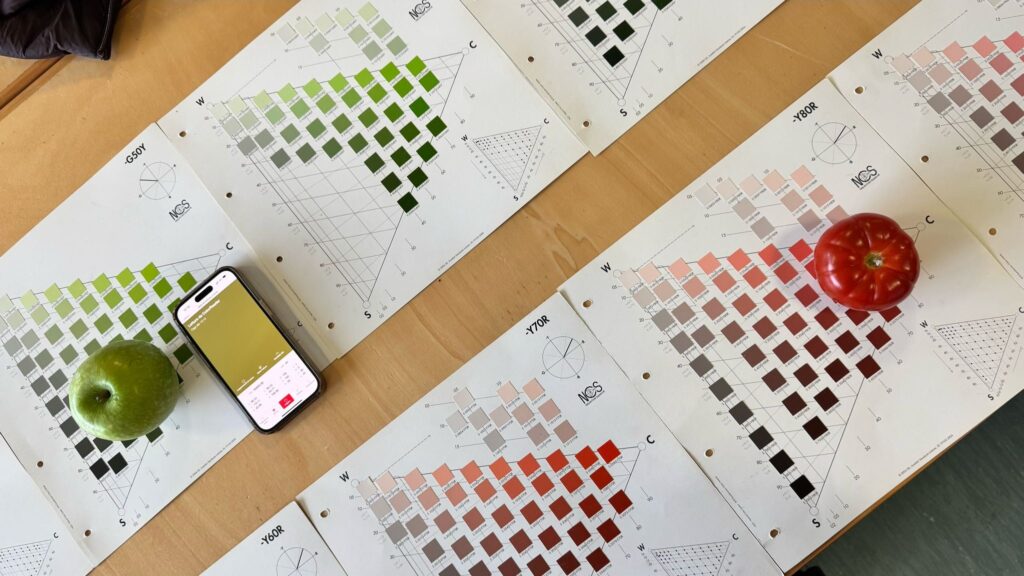Cortex Shelter is the new safe and sustainable emergency housing solution, easy to install and maintain, designed by Cutwork design studio
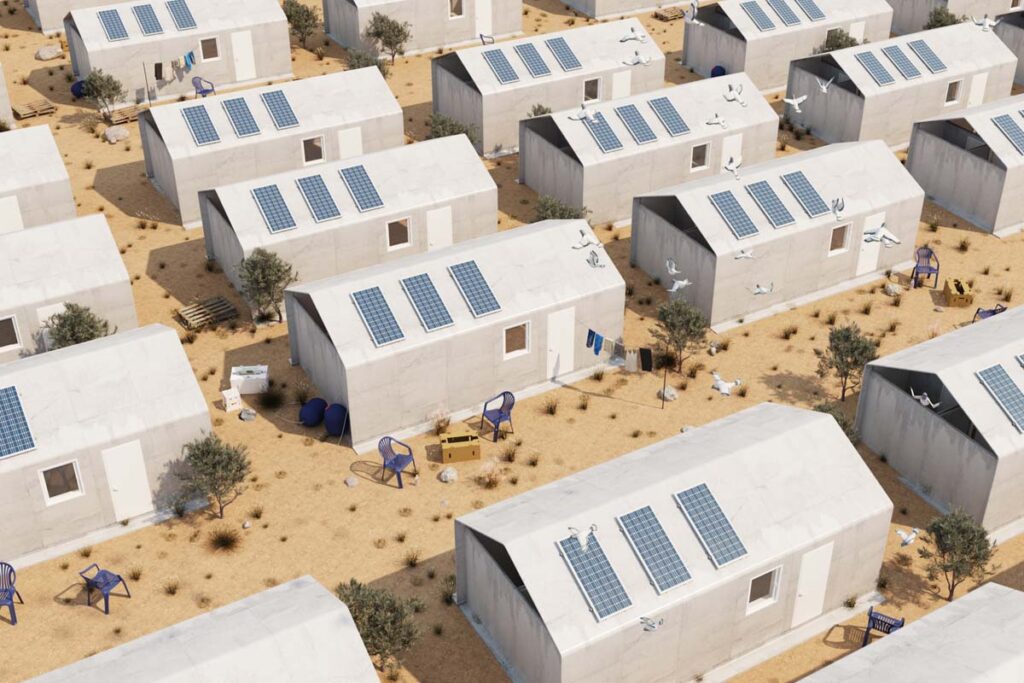
Cutwork, award-winning Paris-based studio, with Cortex Shelter, offers new emergency housing solutions aimed at ensuring greater safety and wellness to displaced people living in tent cities. With minimum expenses, Cortex Shelter offers safe, sustainable and durable shelter. Moreover, it is very easy to install, without machines or heavy tools, and it does not require any previous building experience.
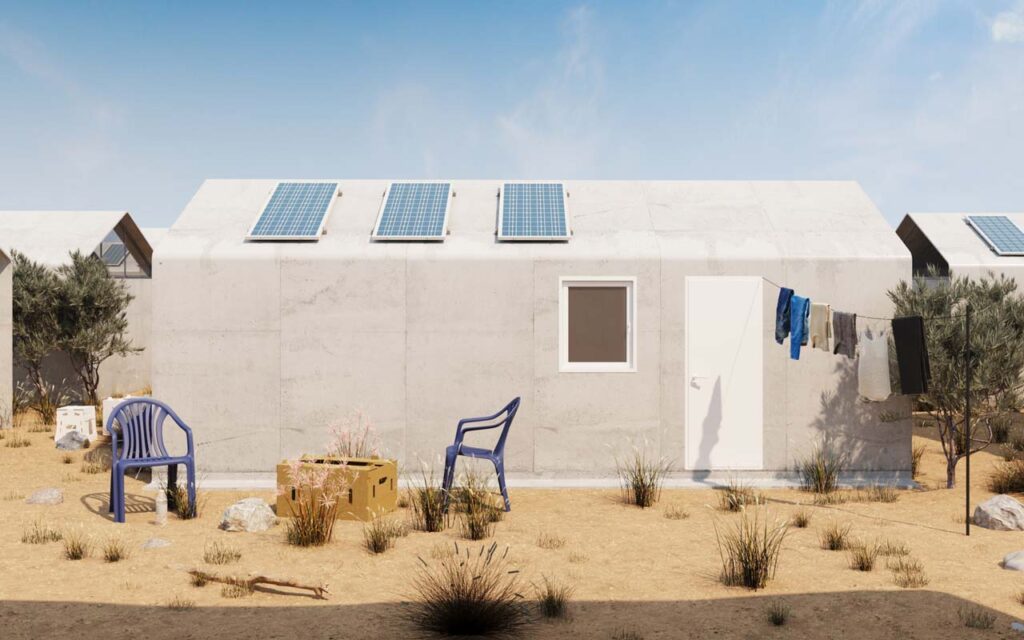
Refugees and natural disasters, a global phenomenon on the rise
Displaced people are often accommodated in inefficient camps, with temporary tents replaced every six months, communal bathrooms and kitchens, poor hygiene and health conditions. In several areas of the world, tent cities become permanent solutions for a lot of people. That’s why Cutwork has designed new housing systems to favor privacy, wellbeing and hygiene.
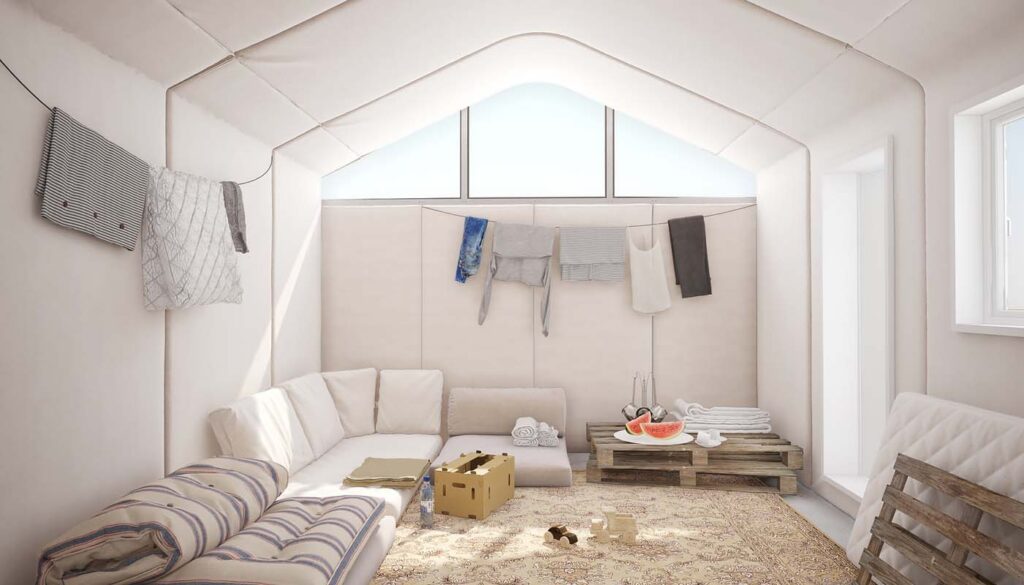
The characteristics of the new Cortex Shelter housing systems
To build Cortex Shelter, metallic tubes are easily bent by hand and locked into architectural structures to create the frame. Waterproof and washable insulation sheets are then ‘snapped and locked’ onto the metal frame. Finally, Cortex Composites’ innovative and environmentally friendly concrete textile is laid over the exterior frame. By adding water, concrete hardens in 24 hours, creating a fully protective shell over the structure.
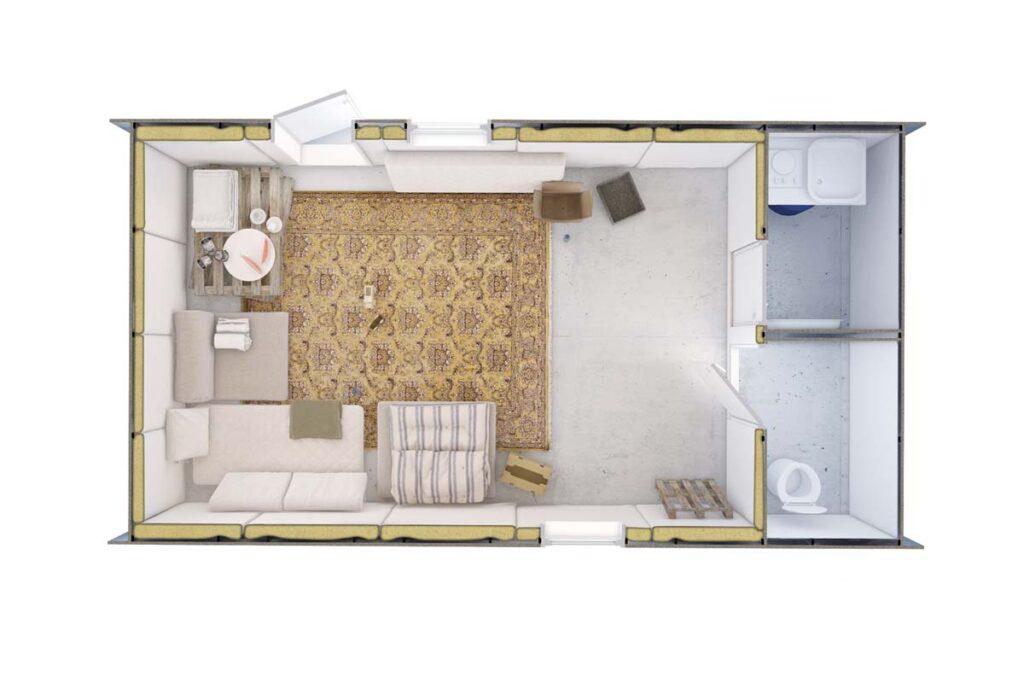
Cutwork’s new housing units are weather, fire and attack proof. Within them, doors are key-operated and floors are made of concrete. Interior walls are washable and offer the ideal thermal insulation. The windows provide good aeration and make rooms brighter. Cortex Shelter is also equipped with solar panels to supply energy, kitchen, bathroom with private shower and toilet.

Cutwork is cost-conscious
Cortex Shelter uses flat-pack shipping and does not need skilled labor since it is very easy to install. Cortex Composites’ innovative material is more efficient and affordable than standard concrete as it requires less time to install and to dry, offering more than three times the compressive strength (9000+ psi) as traditional concrete and cutting carbon emissions by 90%.
[Text Carlotta Russo]

Discover also Casa Ojalá, the eco-sustainable mini-house at the Milan Design Week 2019

